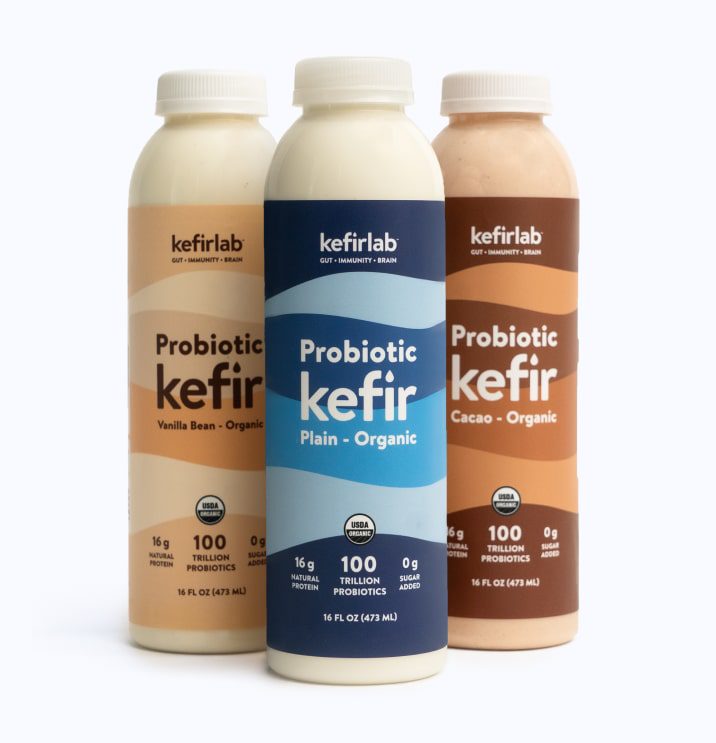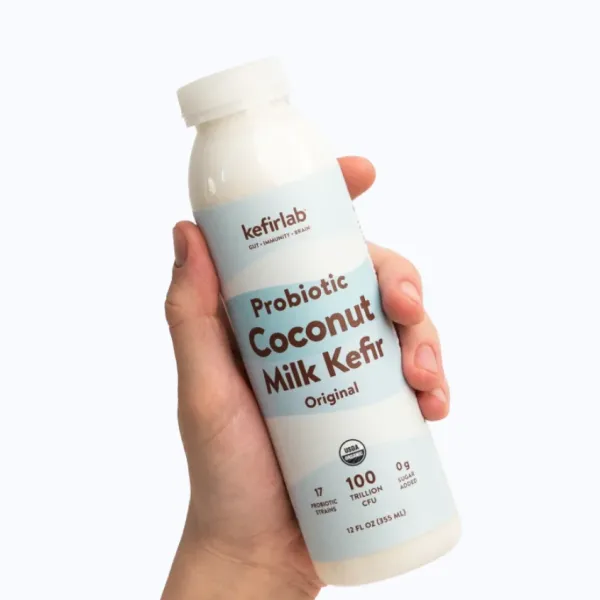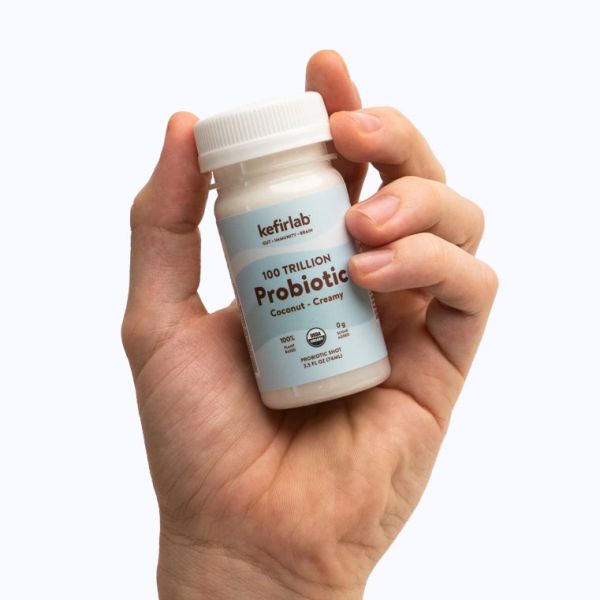Optimize Your Health: Daily Fat Intake Calculator for Balanced Nutrition

In the quest for a balanced and healthy diet, understanding your daily fat intake is crucial.
Fat plays a vital role in our diet, providing energy, supporting cell growth, and protecting our organs.
However, not all fats are created equal, and finding the right balance can significantly impact your overall health.
KefirLab’s Daily Fat Intake Calculator is designed to help you determine the optimal amount of fat you should consume daily for a balanced diet.
Let’s explore how this tool can guide you towards healthier eating habits.
What is a Daily Fat Intake Calculator?
A Daily Fat Intake Calculator is a tool that calculates the amount of fat, in grams, you should consume each day based on your individual health goals, activity level, and dietary needs.
It considers the latest dietary guidelines and scientific research to provide personalized recommendations, helping you to maintain a balanced diet and support your overall health.
Why is Managing Your Daily Fat Intake Important?
- Heart Health: Managing your intake of saturated and trans fats can lower your risk of heart disease and stroke.
- Weight Management: Understanding and controlling your fat intake can be vital to achieving and maintaining a healthy weight.
- Nutrient Absorption: Fats are essential for absorbing fat-soluble vitamins (A, D, E, and K), contributing to a well-rounded diet.
How the Daily Fat Intake Calculator Works
By inputting details such as your age, gender, weight, height, and activity level, the calculator estimates your daily caloric needs.
It then provides a recommendation for your total daily fat intake based on the percentage of calories that should come from fat in a healthy diet.
Step-by-Step Guide: How to Use the Daily Fat Intake Calculator
- Gather Your Information: Know your current weight, height, age, and gender.
- Estimate your activity level (sedentary, moderately active, or active).
- Input Your Details: Visit the Daily Fat Intake Calculator on KefirLab’s website.
- Enter the information gathered in step one.
- Receive Your Personalized Fat Intake Recommendation: The calculator will process your inputs and recommend daily fat intake.
- This will be expressed in grams of fat per day, based on a healthy percentage of your total daily calories.
Understanding Different Types of Fats
Not all fats have the same effects on your health.
Here’s a quick overview:
- Saturated Fats: Found in meat, butter, and cheese.
- Limiting saturated fats can help maintain heart health.
- Trans Fats: Often found in processed foods.
- These should be avoided as much as possible.
- Unsaturated Fats: Include monounsaturated and polyunsaturated fats in fish, nuts, and certain oils.
- These can support heart health and overall well-being.
Tips for Managing Your Fat Intake
- Read Nutrition Labels: Pay attention to the amount and type of fat in your food.
- Cook Smart: Use cooking methods that require less or no added fat, such as baking, steaming, or grilling.
- Choose Healthier Fats: Opt for sources of unsaturated fats like avocados, olive oil, and fatty fish.
Conclusion
Balancing your daily fat intake is a vital component of a healthy diet.
With the help of KefirLab’s Daily Fat Intake Calculator, you can receive personalized recommendations to guide your nutritional choices.
Remember, the goal is not just to limit fat intake but to choose the right types of fats that support your health and wellness goals.
Consider consulting with a health coach for more guidance on achieving a balanced diet and optimizing your health.
Explore our Health Tools for more resources, and visit our blog and shop for additional insights and products designed to support your health journey.
FAQ: Daily Fat Intake Calculator
How does the Daily Fat Intake Calculator determine my fat intake recommendation?
The calculator estimates your daily caloric needs based on age, gender, weight, height, and activity level.
It then calculates the amount of fat you should consume daily, using the guideline that a certain percentage of your total daily calories should come from fat for a balanced diet.
Why is it important to differentiate between types of fats?
Different types of fats have varying effects on your health.
Saturated and trans fats can increase your risk of heart disease and should be limited, while unsaturated fats (both monounsaturated and polyunsaturated) can support heart health and overall well-being.
Understanding these differences helps you make healthier dietary choices.
Can I consume too little fat?
Yes, consuming too little fat can be as harmful as consuming too much.
Fats are essential for absorbing vitamins, supporting cell growth, and providing energy.
A diet too low in fat may lead to deficiencies in fat-soluble vitamins and other health issues.
How can I reduce my intake of unhealthy fats?
To reduce your intake of unhealthy fats, focus on cutting down on processed foods, fried foods, and high-fat dairy products.
Instead, choose lean meats and low-fat dairy options, and cook with healthy oils like olive or canola oil.
Reading nutrition labels can also help you make informed choices about the fats in your diet.
What are some excellent sources of healthy fats?
Good sources of healthy fats include avocados, nuts and seeds, olive oil, fatty fish like salmon and mackerel, and flaxseeds.
Incorporating these foods into your diet can help you meet your daily fat intake recommendations in a healthy way.
How often should I use the Daily Fat Intake Calculator?
You may want to use the calculator periodically, especially if your weight, activity level, or health goals change.
Regularly reassessing your fat intake can help ensure your diet aligns with your current health needs and goals.
Is the Daily Fat Intake Calculator suitable for everyone?
The calculator is designed for the general adult population and may not be suitable for children, pregnant or breastfeeding women, or individuals with specific medical conditions.
If you have unique dietary needs or health concerns, consulting with a healthcare provider or a health coach is recommended.
How can I get personalized advice on my fat intake?
Consider consulting with a healthcare provider, dietitian, or health coach for personalized dietary advice.
KefirLab also offers resources like the Gut Microbiome Analysis for insights into your dietary needs based on gut health.
Join Kefir Club
Like our probiotics, our emails are clean and good for you. Spam Free. Unsubscribe anytime.









